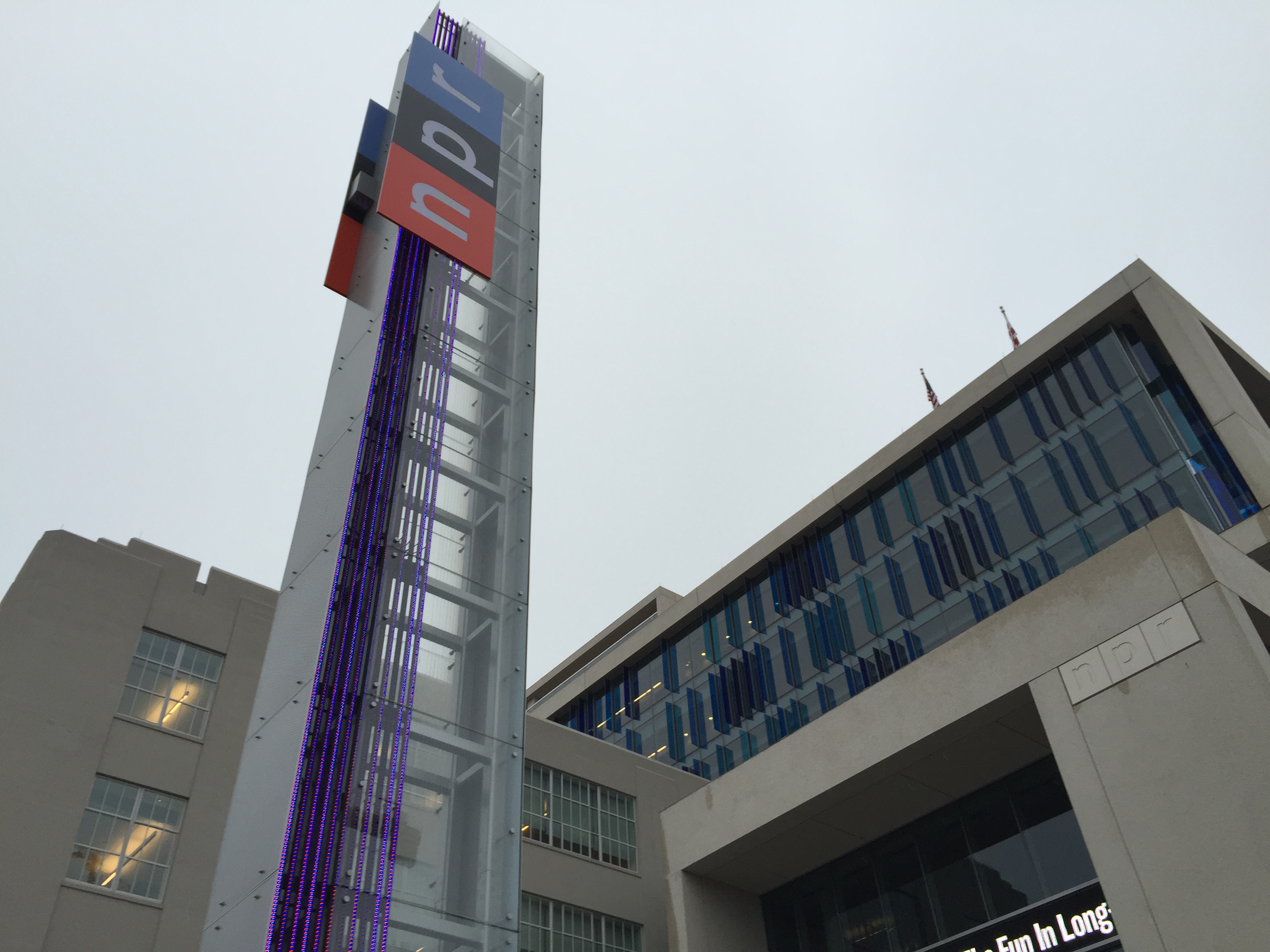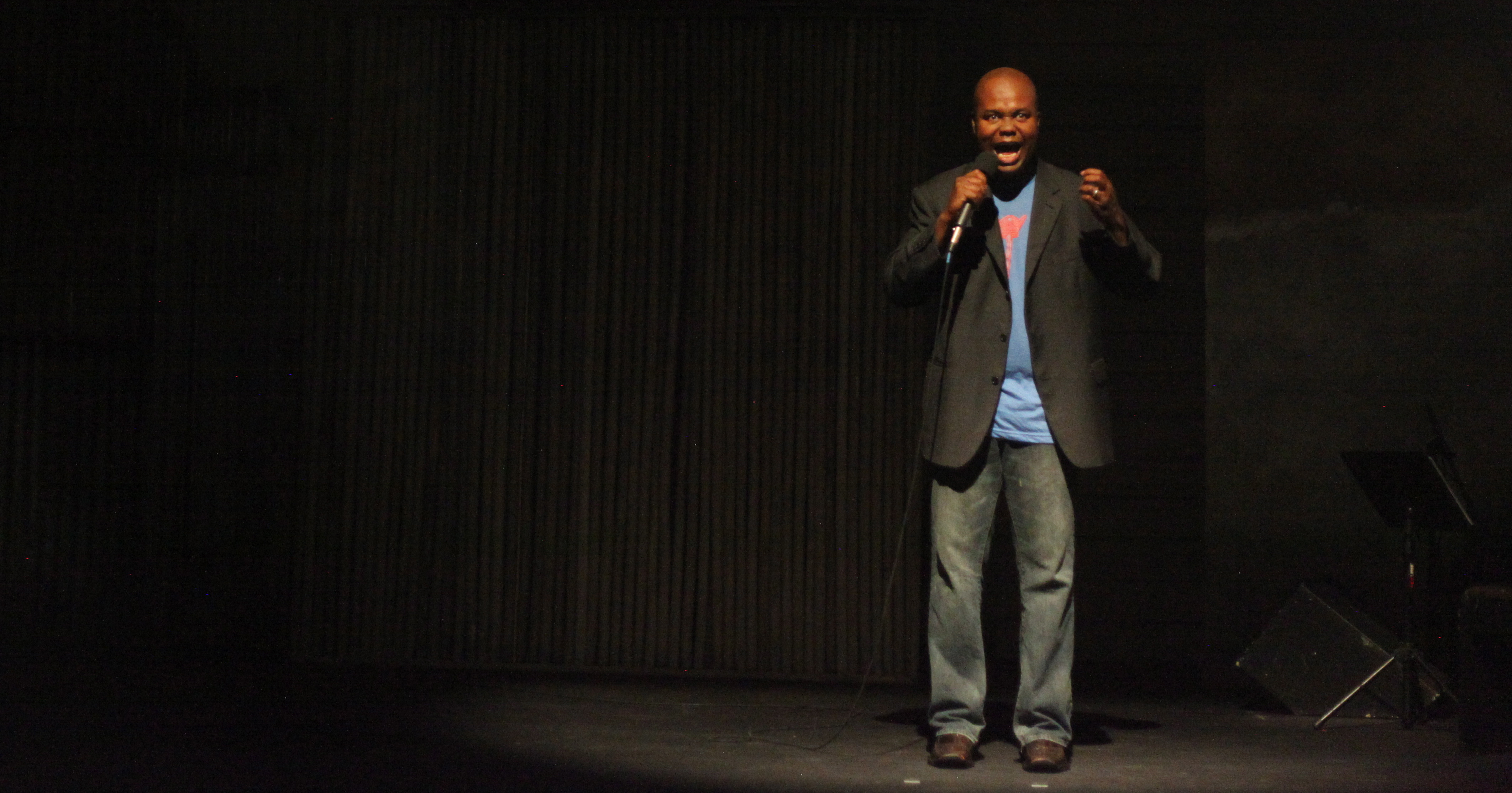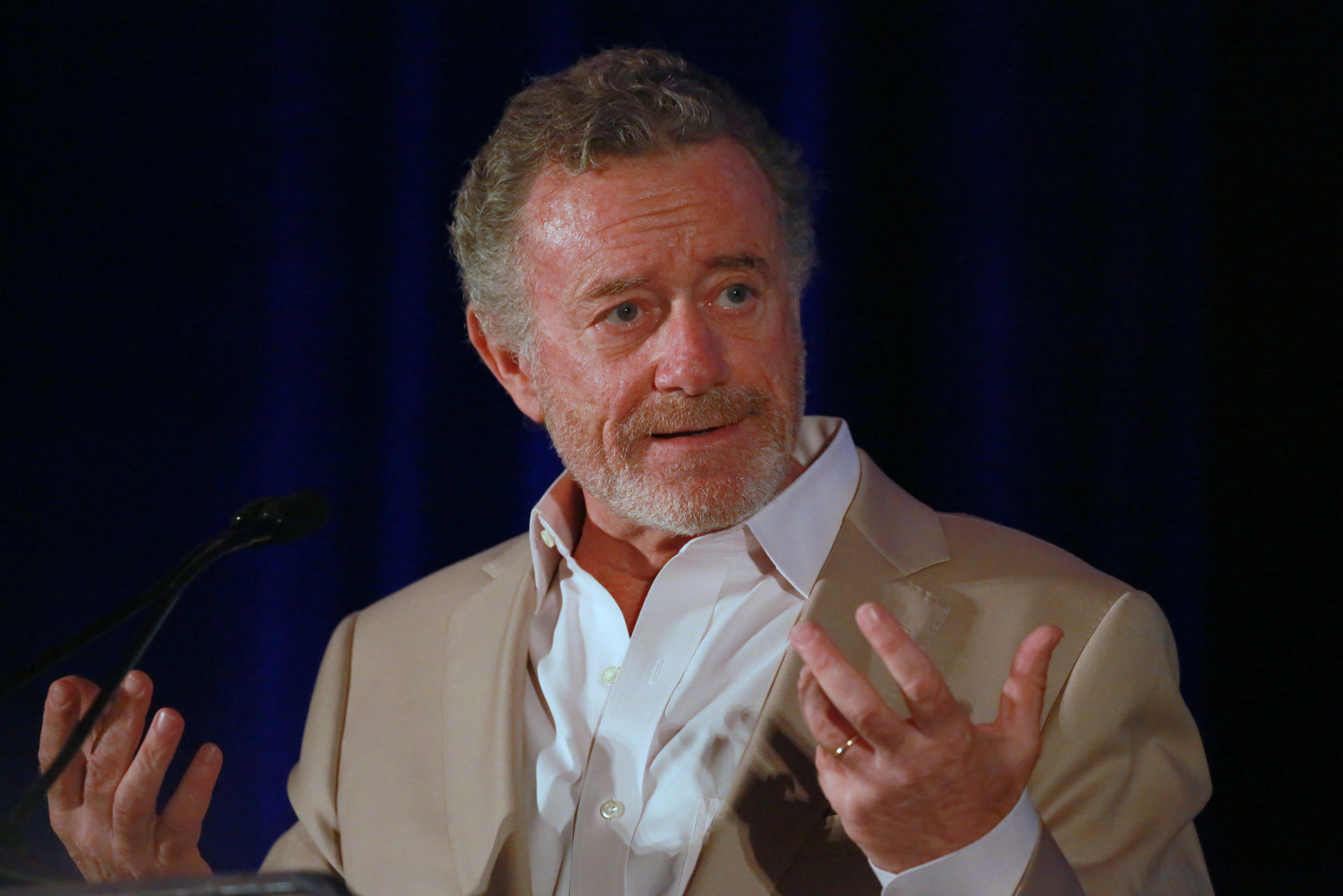Tag: NPR
NPR to Pentagon: War manual encroaches on ‘basic press freedoms’
NPR is concerned that language in the manual could put its international journalists at risk.‘Snap Judgment’ host welcomes creative freedom of WNYC deal
Starting Oct. 1, WNYC will sell the show’s podcast ads.WNYC to co-produce ‘Snap Judgment’
NPR will continue to distribute the radio show to stations.John Sutton and Adam Davidson debate the future of public radio
A segment on our podcast touched off this in-depth exchange between the audience researcher and the Planet Money co-founder.‘The Pub’ #31: Adam Davidson on the economics of public radio in the podcasting era
NPR can have a viable future, says the Planet Money co-founder, but only if it dramatically restructures and raises its game.NPR, WNYC to participate in second podcast upfront
The event takes place Sept. 10 in New York City.NPR to launch new podcast, ‘Hidden Brain’
The new podcast from NPR's Science Desk aims to "reveal patterns that drive human behavior."‘The Pub’ #30: Mike Pesca on life after NPR
“I loved NPR, I still do. I kind of love it for its flaws, as well.”NPR’s Michael Oreskes: “There probably hasn’t been enough change inside NPR”
NPR's new head of news discusses the future of All Things Considered, achieving diversity, and the need for more collaboration among NPR and member ...‘The Pub’ #29: Michael Oreskes, NPR’s new head of news, on station collaboration, host changes ...
Oreskes wants NPR and member stations to collaborate more seamlessly, both to break more and better news, but also to better reflect ...AT&T to request FM radio activation in Android phones
FM tuner technology in smartphones could find wider usage.Studying NPR One’s data: “You’re like the first doctor who ever saw an X-ray”
NPR’s Sara Sarasohn explains what the network is learning about the listening habits and preferences of NPR One users.NPR plans environmental reporting project with stations
NPR is seeking about a dozen reporters from stations to contribute to the new project.Profile 2015 study sizes up education, spending habits of NPR listeners
A quarter of NPR listeners watch no prime-time television.WWNO wins ‘Morning Edition’ contest, gets show for free
NPR’s Spark initiative aimed to boost audience for Morning Edition and will focus next on All Things Considered.









